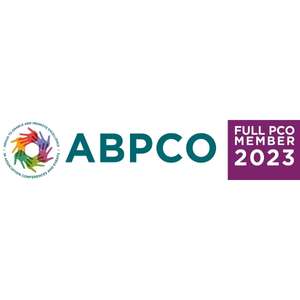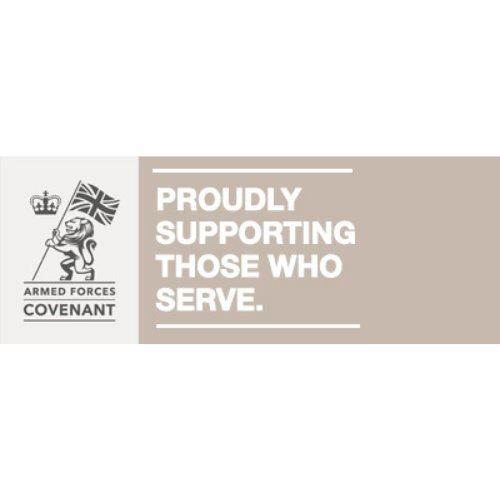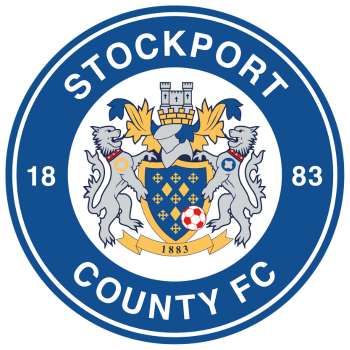The programme
Registration
09:25
Welcome and Chair's Introduction
Naomi McMaster
Partner and leads the Health and Justice team
Capsticks
Welcome
09:30
An Introduction to Deaths in Custody
Adam Hartrick
Partner
Capsticks
An Introduction to Deaths in Custody
Adam Hartrick (Partner): Capsticks Solicitors LLP
In this session we will reflect on the most recent death in custody statistics, key themes which have arisen in recent years and the investigations which follow these sad events.
10:00
Defensible Record-keeping
Adam Hartrick
Partner
Capsticks
Defensible Record-keeping
Adam Hartrick (Partner) & Lucy Houston (Solicitor) : Capsticks Solicitors LLP
Good record keeping in a healthcare context is imperative. It is often when things go wrong and you have cause to look back in a patient’s file that you realise that perhaps your record keeping could have been better. In this session, we reflect on the issues relating to record keeping which frequently arise and discuss how you can ensure you are able to defend your own records if you are called to provide evidence in an inquest.
10:30
Witness Statement Excellence
Adam Hartrick
Partner
Capsticks
Lucy Houston
Solicitor
Capsticks
Witness Statement Excellence
Adam Hartrick (Partner) & Lucy Houston (Solicitor) at Capsticks Solicitors LLP
Numerous investigations follow deaths in custody, some of which can take a number of years to conclude. It is therefore imperative that you prepare a detailed, factual statement at the outset to ensure you have an accurate record of events you can rely on subsequently. In this session, we will talk you through the steps you should take when preparing your witness statement, what information you will need to include and how a good statement will be of benefit to you at a later date.
11:00
Panel questions and discussion
Panel questions and discussion
Morning Break
11:45
The Prison and Probation Ombudsman and Clinical Reviewer Process
The Prison and Probation Ombudsman and Clinical Reviewer Process
Speaker: TBC
Deaths in custody trigger an independent investigation by the Prison and Probation Ombudsmen who in turn appoints a Clinical Reviewer to help them determine whether the healthcare offered was of an equivalent standard to that the patient could have expected to receive in the community.
This session will provide you with a unique opportunity to hear from the people responsible for carrying out these investigations. You will hear about the investigators responsibilities and powers, be guided through the investigation process and be provided with guidance on what you should do if you are called to an interview.
Lunch Break
13:45
The Coroner’s Inquest Process
Nicholas Flanagan
Greater Manchester (North)
HM Assistant Coroner
The Coroner’s Inquest Process
Mr Nicholas Flanagan, HM Assistant Coroner for Greater Manchester (North)
Mr Flanagan sits as an Assistant Coroner for Greater Manchester (North) and is a practicing barrister who frequently represents prison providers and individuals in lengthy and complex inquests arising from deaths in custody. He also sits as a Tribunal Chair for the Medical Practitioners Tribunal Service (MPTS), the statutory committee of the GMC responsible for hearings.
In this session, Mr Flanagan will provide you with an overview of the Coroner’s Inquest process from the initial referral of the case up to the conclusion of the final hearing. He will also discuss the Coroner’s duty to make Prevention of Future Deaths (Regulation 28 Reports). He will provide you with a rare insight into a Coroner’s approach to disclosure, records, witness statements and oral witness evidence and provide you with his top tips.
14:30
Witness Evidence in Action
Tracey Lucas
Partner
Capsticks
Amy Holden
Associate
Capsticks
Witness Evidence in Action
Tracey Lucas (Partner) & Amy Holden (Associate), Capsticks Solicitors LLP;
Mr Nicholas Flanagan, HM Assistant Coroner for Greater Manchester (North)
In this interactive session, we provide you with the opportunity to see a Coroner and Capsticks’ expert advocates in action at a mock inquest. You will observe ‘healthcare professionals’ providing oral evidence. We will demonstrate what ‘good’ looks like and the things you should avoid if you are called to provide oral evidence at an inquest.
Break
16:00
After the Inquest: what happens next?
Lucy Erskine
Associate
Capsticks
After the Inquest: what happens next?
Lucy Erskine (Associate) Capsticks Solicitors LLP
In this session, we will provide you with a brief introduction to civil claims arising out of deaths in custody including the type of claims that may arise, how we defend these claims on your behalf and what involvement may be required from you to bring the claim to its conclusion.
16:30
Panel questions and discussion
Panel questions and discussion
16:45
Meeting close and feedback
Meeting close and feedback






























